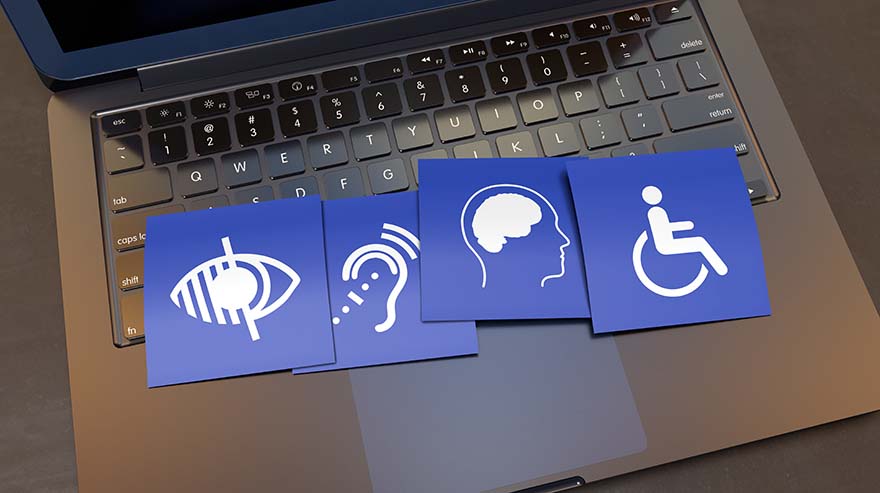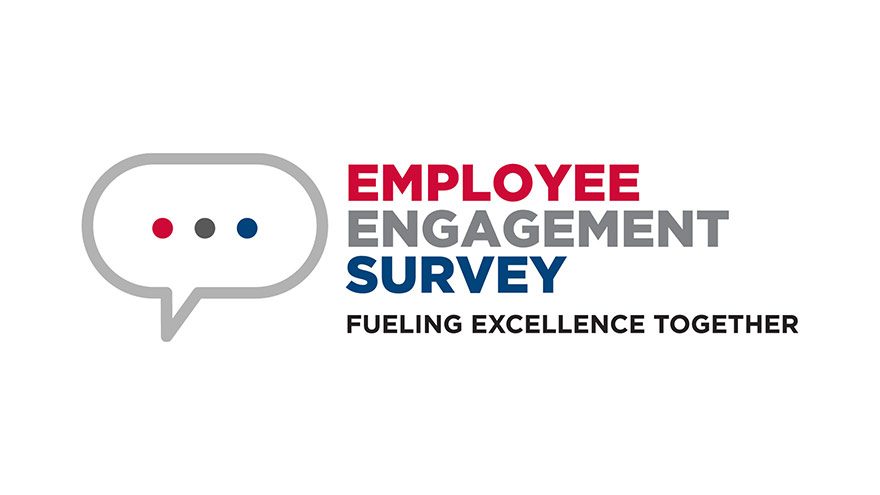Though Kristy Duran, Ph.D., has led presentations on impostor syndrome, she doesn’t see herself as a definitive expert on the topic. Ironic? Perhaps. As the faculty director of Undergraduate Research at Metropolitan State University of Denver, Duran has seen herself and colleagues struggle with self-doubt after earning prestigious honors, landing dream jobs or getting promoted.
Impostor syndrome, the persistent sense of being a fraud despite earned success, affects people across various fields. The syndrome evokes feelings of anxiety, depression and burnout that are particularly common among those who are underrepresented in their professions. Research shows that up to 82% of people experience impostor syndrome at some point.

“Being one of the few women of color in science, I sometimes feel like I don’t really belong, and that leads to a feeling that I’m not really qualified to do certain things,” Duran said. “Yet my experience has led me to realize that I have things to offer.”
Duran discussed impostor syndrome at MSU Denver’s Undergraduate Research Conference on April 26. She also addressed the topic at the Women’s Empowerment Conference at Broomfield High School on April 6.
Drawing insights from their experiences, Duran and other MSU Denver faculty members and alumna offered these tips for defeating impostor syndrome:
1. Reject perfectionism
In a sense, perfectionism and impostor syndrome represent two sides of the same coin. Both involve unrealistic self-expectations, fear of failure and persistent self-doubt that could hinder personal growth and success, Duran said. However, viewing new challenges as opportunities for growth rather than potential failures can alleviate the pressure to be perfect.
For example, during the pandemic, Duran felt “overwhelmed” when tasked with organizing an online conference for 200 people for the first time. Instead of fixating on perfection, Duran focused on making the event a learning opportunity.
2. Seek and offer support
Leaning into a supportive environment can be helpful in overcoming impostor
“People are generally not as critical of us as we are of ou rselves,” she said.
rselves,” she said.
Eric P. James, Ph.D., chair and professor of Communication Studies at MSU Denver, stressed that organizations that espouse diversity, equity and inclusion need to build an authentic culture where people feel free to speak from their heart and feel a sense of belonging in the workplace.
“Make sure that you really embrace inclusivity and not just have a few folks in particular positions that embody those ideals,” he said.
3. Give and embrace feedback
Duran said constructive feedback, both positive and corrective, is vital in the workplace but can trigger self-doubt. Ideally, feedback should help employees improve without feeling reprimanded.
“When feedback is supportive and balanced, it helps individuals grow without being paralyzed by fear of failure,” she said. “This cultivates a growth mindset, encouraging continuous improvement and resilience.”
Bianca Machado, an MSU Denver alumna and learning manager at Gaylord Hotels who will be honored as a 10 Under 10 honoree at the Sept. 28 Annual Alumni Awards Luncheon, acknowledged that criticism can trigger impostor syndrome. But even feedback that’s not delivered tactfully can be received as a gift.
“We need to reflect on feedback with the learner mindset that it’s better to have clarity about expectations so that we can adjust and do better,” Machado said.
4. Understand the role of self-doubt
While excessive self-doubt can be crippling, a measure of it can be beneficial.
“If you’re 100% confident, you’re not really open to growth,” Duran said.
However, Duran said it’s essential to manage self-doubt to prevent it from becoming overwhelming, using it as a tool to stay humble and motivated rather than letting it hinder progress.
James said he gets counseling and writes in a journal to keep self-doubt in perspective.
5. Celebrate yourself
Finally, being comfortable in one’s own skin can build self-confidence, counter self-doubt and help defeat impostor syndrome.
An immigrant from Brazil, Machado would play Brazilian music and correspond with friends and family from her homeland in Portuguese after work hours to help her stay connected to her heritage while learning English and living in the U.S.
“It helped me to reset my brain and reminded me of who I am so I would be ready for the next day,” Machado said.
James said it’s important to remember if you are chosen for a role, promotion or honor, you likely earned it because of your skills, your experience and who you are. Simply being chosen should be viewed as an affirmation of you and your abilities.
“Know that if you got hired for a job, you really are the best person for that job,” he said. “You belong there.”







